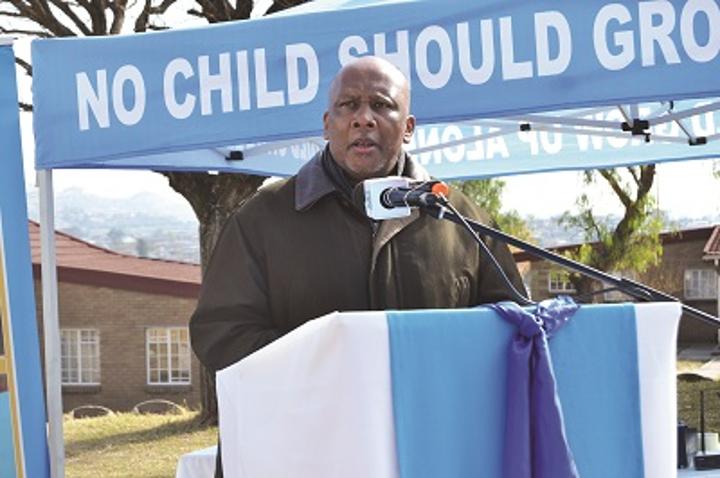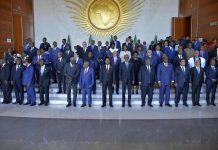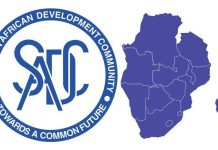Africa-Press – Lesotho. His Majesty King Letsie III has heightened the awareness around the role played by agriculture in addressing the challenge of food security in the country.
He called on every individual to participate in agriculture whether crop farming or animal farming. The Head of State made this appeal during the virtual
National Dialogue on Food Systems. Decrying dependency on donations, the African Union (AU) Champion for Nutrition and the Food and Agriculture Organisation (FAO)’s
Nutrition Ambassador quoted the Basotho adage which says Mphe-mphe ea lapisa motho o khonoa ke sa ntlo ea hae translated to mean dependency on donations begets poverty whereas self-sufficiency leads to
fulfilment. He added that no fields should lie in furlough. This National Dialogue preceded the districts dialogue and was a response to a call by the United Nations (UN) Secretary General António
Gutteres ahead of the coming UN Food Systems Summit for countries to come up with innovative ideas and solutions to address the food insecurity. According to FAO’s definition – food systems embrace the
entire range of actors and their interlinked value adding activities involved in the production, aggregation, processing, distribution, consumption and
disposal of food products that originate from agriculture (including livestock), forestry, fisheries, and food industries, and broader economic, societal, and natural environments in which they are embedded.
In 2015, the UN adopted the Sustainable Development Goals (SDGs) which aspire for an end to hunger, aims to achieve food security and enhance food nutrition by 2030.
King Letsie III reflected thus on the journey towards SDGs: “With only 10 years left before [the] deadline of 2030, the year by which nations of the world had committed to achieve 17 Sustainable Development Goals;
it is becoming evident that many of those critical targets remain far out of reach. “Improvement of our food systems that encompasses the entire process, from production to consumption of food in a sustainable manner has
been identified as critical and instrumental for the achievement of the SDGs. ” He further took stock of the COVID-19 sponsored challenges saying: “The economic devastation brought about by the COVID-19 pandemic has
compelled us, more than ever, to work together in the search for global solutions that will address global challenges. “In this regard, there is no doubt that as nations of the
world we should work together to build robust and resilient food systems that can help stimulate a speedy global economic recovery. ” The Prime Minister (PM) Dr Moeketsi Majoro underscored that
Lesotho has a legacy of feeding itself and other nations. He said the country needs to go back to her former glory. The PM further mentioned that it is “disappointing and
debilitating” that the country is experiencing decline in nutrition yet it boasts experts in food production. For her part, the UN acting Resident Coordinator Betty
Wabunoha pointed out that transforming food systems is considered “central” in the strides geared towards the attainment of the SGDs by 2030. The acting Resident Coordinator further applauded the
country for responding to the UN’s call on food systems agenda. “Food systems touch every aspect of human existence. The health of our food systems deeply affects the health of our bodies, as well as
the health of our environment, our economies and our cultures. “Good and functional food systems have the ability to bring us together as families, communities and nations.
But too many of the world’s food systems are fragile, unexamined and vulnerable as millions of people around the globe have already experienced first-hand during the COVID-19 crisis.
“When our food systems fail, the resulting disorder threatens our education, health, environment and economy, as well as human rights, peace and security,” she said.
Wabunoha went on to highlight that transforming the food systems has the “potential to end hunger”. The World Food Programme (WFP) Lesotho Country Brief of
June, 2021 highlights that agriculture accounts for seven percent of the country’s Gross Domestic Product (GDP) and that it is the “major” source of livelihood for 80 percent of the rural based population.
The WFP report also estimates that about 312 000 people living in rural areas and 158 000 living in urban areas will face the risk of food insecurity between October 2021 to March 2022.
“Currently, 179 000 rural households are food insecure,” reads the report.






